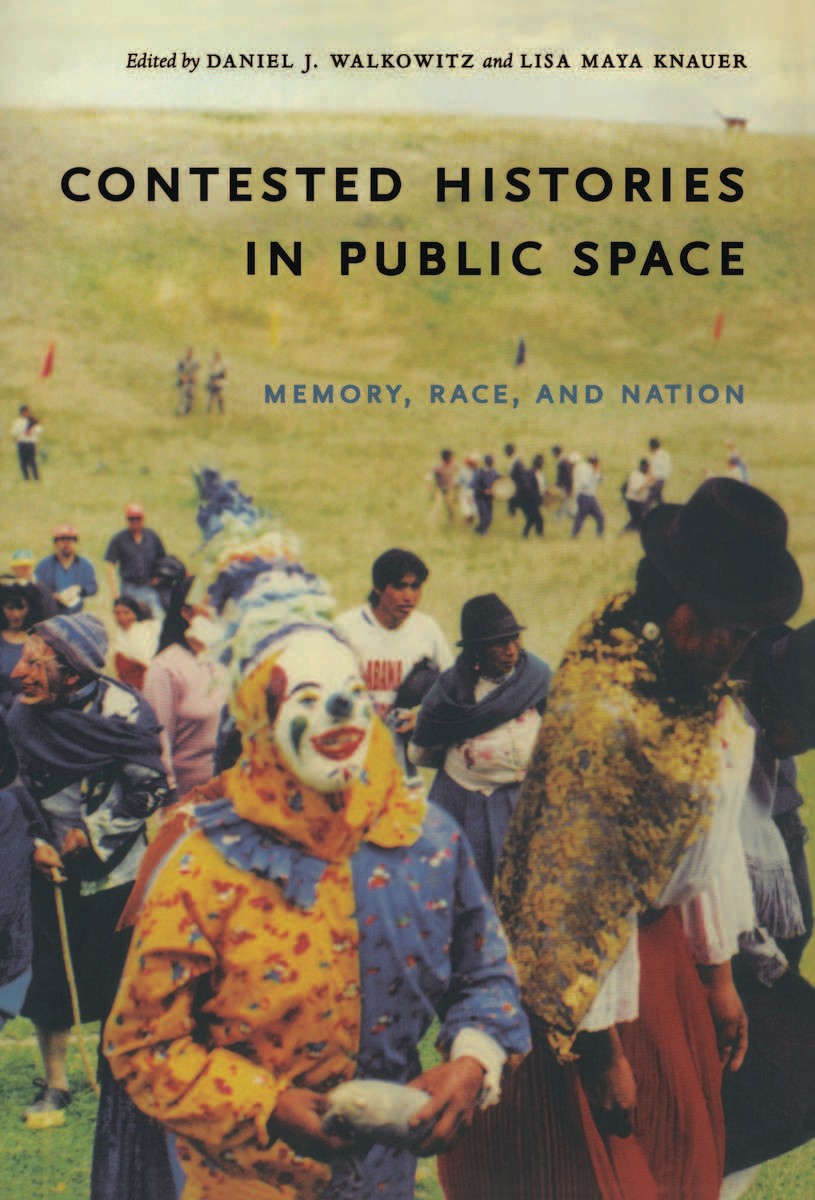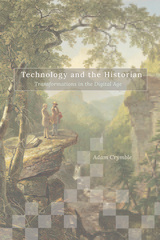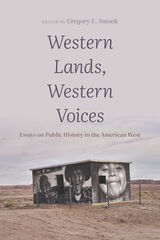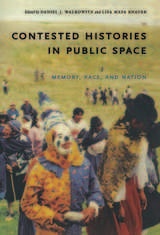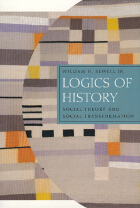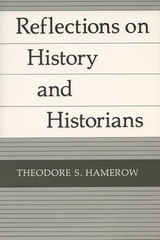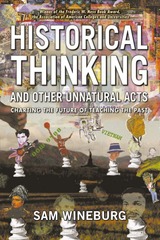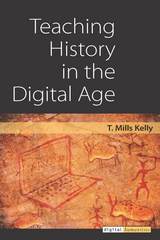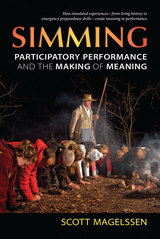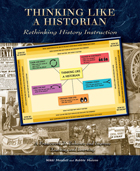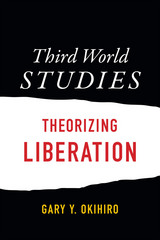“[T]his is an intellectually stimulating volume with great applicability for many new and future venues for analysis.” - Hong-Ming Liang, Journal of Intercultural Studies
“Public historians—whether academics or practitioners—will find much of value within the pages of Contested Histories. . . . Walkowitz and Knauer have compiled a rich and instructive collection of essays that, together, demonstrate the ‘international and spatial reach’ of complex historical debates as they played out in a diverse array of public spaces.” - Andrea Thabet, The Public Historian
“Perhaps the greatest strength of this compilation is how the authors capture the vigorous contestation that can arise between advocates with radically opposed sentiments, allegiances, outlooks and agendas. With the devil generally being in the details, the particulars in these examples reflect the categorical messiness, the fluidity, the complexities, the shifting loyalties, the unpredictability and the undeniably fascinating nature of such cultural conflicts. . . . [A] reader hungry for insight into the politics of representation on an international scale will find much to chew on in Contested Histories in Public Spaces.” - Steven Dublin, Reviews in History
“The wide range of geographical areas covered (six continents and fourteen countries) offers a fascinating study on the impacts of globalization, including the resulting emergence of localisms. . . . The incorporation into memory studies of the rich fruits of postcolonial studies to interrogate how the postcolonial condition might challenge our understanding of the relationship between history and memory is an important and much needed endeavor, for which that I hope this volume has broken ground.” - Akiko Takenaka, Pacific Historical Review
“[A] rich and interesting volume. . . . The contributors are well chosen, the essays unusually consistent, and the topics, juxtaposed rather than braided, convey precisely what the editors hoped for: that public spaces are used, abused, and ‘contested,’ perhaps especially when the subject turns to the
commemoration of empire, no matter where they are. . . . It is sure to have a powerful impact on the way we think about the struggle over space and representation in the dusk of older empires and in the dawn of newer
ones.” - Matthew Pratt Guterl, Museum Anthropology Review
“This is a provocative, reflective and well-balanced collection and makes a key contribution to the field of public history.” - Australian Historical Studies
“By offering studies from six continents, this volume makes the important point that globalization on the one hand and new sorts of localism on the other have powerfully affected discussions of how an often dark and morally compromised past can be critically assimilated into the nearly universal state of fractured national consciousness.”—Thomas W. Laqueur, University of California, Berkeley
“This is an exceptionally strong and interesting collection about public history in the context of evolving sensibilities about nation, race, culture, ‘identity,’ and public representation itself. It features great essays instructively organized, as well as a thoughtful, focused introduction that sets them all in a broader context.”—Michael Frisch, University at Buffalo, SUNY
“[A] rich and interesting volume. . . . The contributors are well chosen, the essays unusually consistent, and the topics, juxtaposed rather than braided, convey precisely what the editors hoped for: that public spaces are used, abused, and ‘contested,’ perhaps especially when the subject turns to the commemoration of empire, no matter where they are. . . . It is sure to have a powerful impact on the way we think about the struggle over space and representation in the dusk of older empires and in the dawn of newer
ones.”
-- Matthew Pratt Guterl Museum Anthropology Review
“[T]his is an intellectually stimulating volume with great applicability for many new and future venues for analysis.”
-- Hong-Ming Liang Journal of Intercultural Studies
“Perhaps the greatest strength of this compilation is how the authors capture the vigorous contestation that can arise between advocates with radically opposed sentiments, allegiances, outlooks and agendas. With the devil generally being in the details, the particulars in these examples reflect the categorical messiness, the fluidity, the complexities, the shifting loyalties, the unpredictability and the undeniably fascinating nature of such cultural conflicts. . . . [A] reader hungry for insight into the politics of representation on an international scale will find much to chew on in Contested Histories in Public Spaces.”
-- Steven Dublin Reviews in History
“Public historians—whether academics or practitioners—will find much of value within the pages of Contested Histories. . . . Walkowitz and Knauer have compiled a rich and instructive collection of essays that, together, demonstrate the ‘international and spatial reach’ of complex historical debates as they played out in a diverse array of public spaces.”
-- Andrea Thabet The Public Historian
“This is a provocative, reflective and well-balanced collection and makes a key contribution to the field of public history.”
-- Australian Historical Studies
